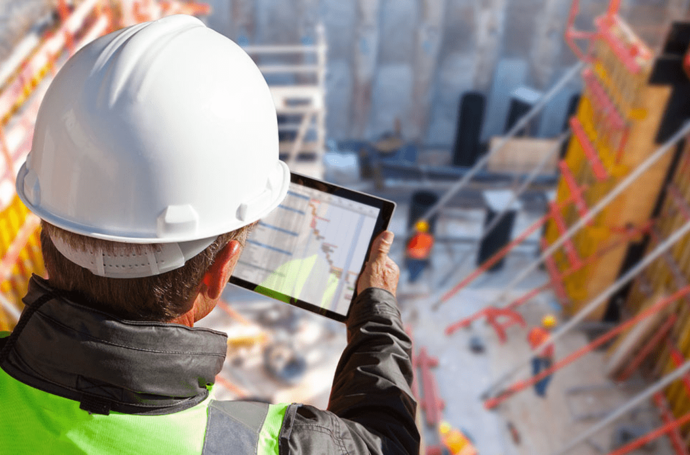Running a construction project involves a lot more than telling men where to hammer things. You are responsible for the core of the project: it’s financials. Learning how to cut costs is key to managing construction projects effectively.

Establishing Directive: Short Term Costs vs. Long Term Costs
First, you need to decide if your goals for this project are short term cost savings or long term. These are not always the same. The best goal for a company depends on its situation. Only you will know r current circumstances the best.
Short Term:
If you require to keep costs as low as feasible right now, focus on searching for short term solutions: I.e., Renting vs. Purchasing Equipment.
Long Term:
Long term cost savings can often cost more now. Run your project with as little debt as possible, and you will save huge on interest charges, but you will pay much more upfront.
If the company can afford to spend more now, it’s often possible to position it for a much stronger future thanks to long term savings.
Construction managers have numerous areas within their projects; they can find savings if they look hard. Below are only a few examples. The best construction managers will use them for inspiration and find even more using their experience and creativity.
Equipment Cost
Equipment in construction is one of the largest expenses of any construction project. How you manage these expenses determines in large part the size of the overall budget. Consider the merits of whether you should rent or buy each particular piece of equipment.
Equipment that will be used often should be purchased. Equipment that’ll only be used for one or two jobs a year may be better off being rented.
Labour Expenses
Next up are your labour costs. Sometimes fewer higher-paid workers produce better, more cost-effective results than a larger quantity of unskilled workers. Decide whether it would be best for the project you are assigned to have fewer higher quality workers or a larger quantity of lower quality workers.
Eliminate Wasted Expenses
Keep records of previous projects. In the end, tally up everything that was wasted. Over a year, it is likely thousands of dollars. You won’t ever entirely eliminate waste, but you can save substantially by reducing it some.
Equipment Hire
When you need to break ground on a project and need an excavator, make sure you get the right excavator attachment hire. It is wise to hire construction equipment rather than investing. Else, you waste a lot of time & only using ineffective techniques.
Audit Accounts Regularly
It may be the least glamorous aspect of managing a project, but keeping your books in order is just as important as everything the foreman does. Auditing accounts will let you cut off expenses accruing before they mount too high a cost.
Create Budgets Before Breaking Ground n a New Project
Make sure that for every project you begin, there is a professional estimate that has been done. Never walk blind into a project. That is the easiest way to go way over budget. If you have an idea of where you want the final budget, it is a lot easier to land close to that number.
Bargain With Multiple Vendors For All Regularly Ordered Items
Please do not accept the first price you are quoted for anything you order, whether it’s a piece of equipment, part, or something else.
You can save huge sums if you are negotiating with multiple vendors to find the best prices before ordering things.


